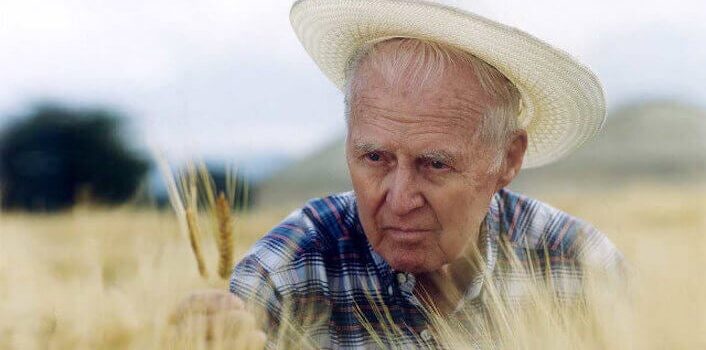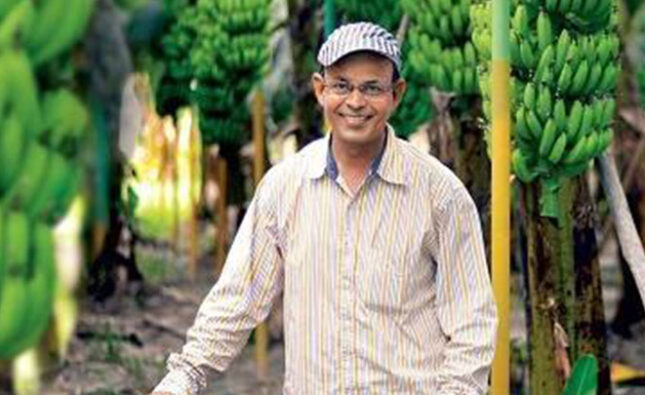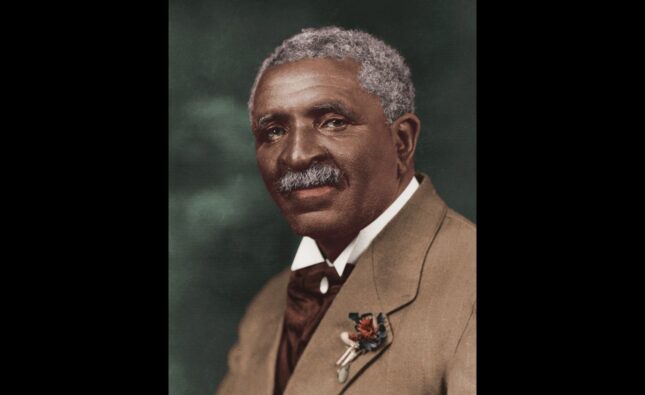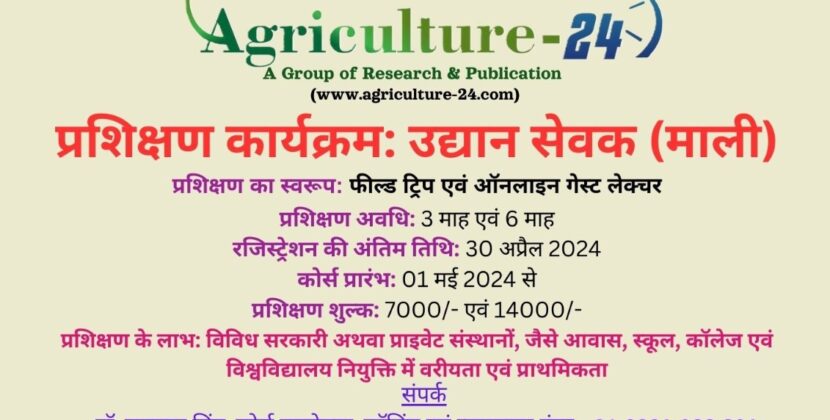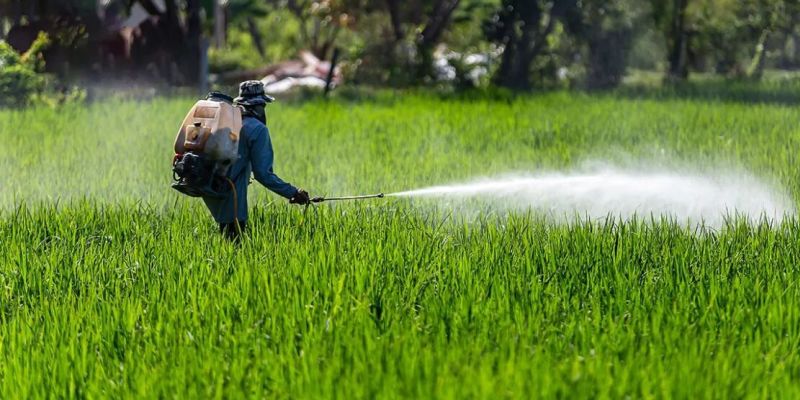About the Father of Green Revolution (Norman Borlaug)
Norman Borlaug (1914-2009) was an American agronomist, humanitarian, and Nobel laureate who is often referred to as the “Father of the Green Revolution.” He was born on March 25, 1914, in Cresco, Iowa, United States, and grew up on a farm.
Borlaug’s work focused on developing high-yielding and disease-resistant wheat varieties that could be grown in different parts of the world, particularly in developing countries. His efforts played a crucial role in significantly increasing global agricultural productivity and helping to alleviate hunger and poverty.
In the 1940s, Borlaug began his research in Mexico, where he worked on developing wheat varieties that could resist rust fungus, a major cause of crop losses. Through a process of crossbreeding, he successfully developed new wheat strains with improved yield potential. These improved varieties were able to produce more grain, withstand harsh environmental conditions, and resist various diseases.
Borlaug’s breakthroughs in wheat breeding and agricultural practices led to substantial increases in crop yields, particularly in Mexico, India, and Pakistan. His methods were later applied in other parts of the world, transforming agriculture and food production on a global scale.
For his contributions, Norman Borlaug was awarded the Nobel Peace Prize in 1970. The Nobel committee recognized his exceptional efforts to combat world hunger and his pioneering work in agricultural science. Borlaug’s work not only saved millions of lives but also had a profound impact on global food security.
Throughout his career, Borlaug continued to advocate for the use of scientific advancements in agriculture to address food scarcity and poverty. He was a strong proponent of sustainable farming practices, agricultural research, and the importance of providing access to improved seeds, fertilizers, and irrigation technologies to farmers in developing countries.
Norman Borlaug’s legacy as a scientist and humanitarian continues to inspire researchers, policymakers, and organizations working towards sustainable agriculture, poverty alleviation, and food security. His work serves as a reminder of the transformative power of science and innovation in improving the lives of people around the world.

